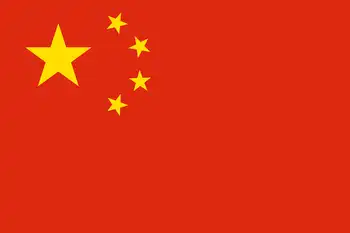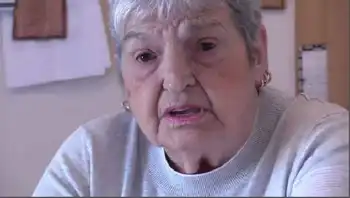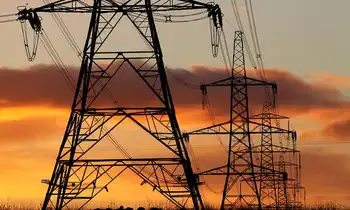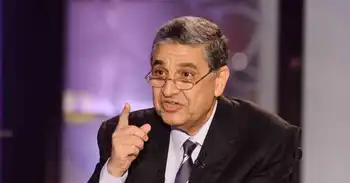Mitsubishi Heavy to make lithium-ion batteries
Demand for heavy-duty, rechargeable lithium-ion batteries, which can be used in buses and wind power generators, is growing fast amid environmental concerns.
Mitsubishi Heavy said the company is also interested in a scheme planned by Better Place, a California-based company building a global network of charging stations for the electric car industry.
Shares in Mitsubishi Heavy finished up 4.9 percent at 389 yen after the news became public, compared to a 1.4 percent rise in the benchmark Nikkei average.
Mitsubishi Heavy, which is also expanding capacity in its nuclear power business, said it would spend 10 billion yen (US$100 million) to build a test plant for the production of lithium-ion batteries for use in products like forklift trucks, wind power generation and solar panel systems in 2010.
The plant, to be located in the company's Nagasaki shipyard in southern Japan, will have an annual output capacity of 400,000 medium-sized cells.
The company said it aims to start operating a mass production plant in late 2012 with an annual output capacity of 1.2 million cells.
Mitsubishi Heavy expects global demand for heavy-machinery use lithium-ion batteries to more than double to around $30 billion by 2015.
Some analysts, however, are skeptical whether the business will raise Mitsubishi Heavy's bottom line, a giant machinery maker with its product lines ranging from tanks to air conditioners.
"I don't think the high stock price is sustainable. The business' impact on its earnings would be limited," said Mitsushige Akino, Ichiyoshi Investment management company's chief fund manager.
Mitsubishi Heavy plans to use the cells mainly in its own industrial machines, but is also interested in the swappable car battery business, senior executive vice president Ichiro Fukue told a group of reporters on the sidelines of a news conference.
"We are in talks with Better Place on several business plans," Fukue said.
Better Place plans to offer electric transportation by building a network of charge spots and battery swapping stations.
Producers of car-use lithium-ion batteries include Hitachi Ltd, Toshiba Corp, GS Yuasa and U.S.-based A123 Systems.
Related News
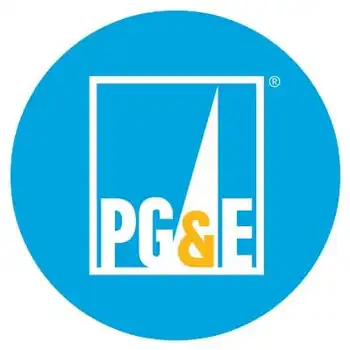
PG&E’s Pandemic Response Includes Precautionary Health and Safety Actions; Moratorium on Customer Shutoffs for Nonpayment
SAN FRANCISCO - Pacific Gas and Electric Company has announced that due to the COVID-19 pandemic, it has voluntarily implemented a moratorium on service disconnections for non-payment, effective immediately. This suspension will apply to both residential and commercial customers and will remain in effect until further notice. To further support customers who may be impacted by the pandemic, PG&E will offer its most flexible pay plans to customers who indicate either an impact or hardship as a result of COVID-19. PG&E will continue to monitor current events and identify opportunities to support our customers and communities.
In addition to the moratorium…

